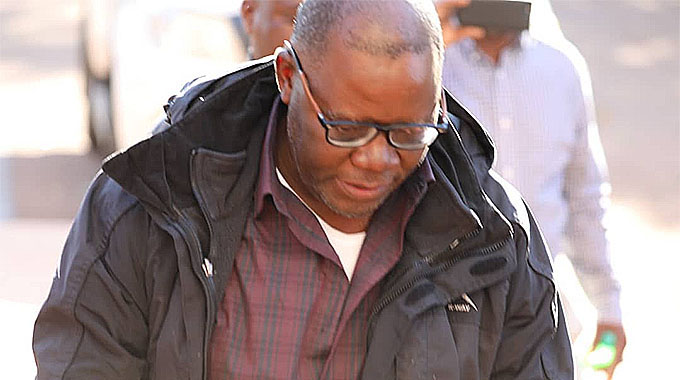Disabled women face more abuse

Angeline Musakwa Features Writer
Women living with disabilities still remain the worst affected when it comes to abuse and gender based violence, lobbyists and rights activists say.
At the just ended brown bag discussion organized by UNICEF to commemorate the International Day of Disabled Persons and 16 days of activism against gender based violence, lobby groups and human rights activists said disabled women face numerous difficulties in reporting cases of abuse because their caregivers are sometimes the perpetrators.
Federation of Organisation of Disabled People in Zimbabwe country coordinator Ms Elisa Ravengai says she was almost raped because of her inability to see.
She revealed how gender based violence perpetrators take advantage of women especially those with visual impairments because of the nature of their disability.
“One day I was going home in the rural areas and I asked a man to take me to my cousin’s shop but to my surprise this man took me to a lodge and I wasn’t aware,” Ravengai says.
“I just heard the attendant asking about the booking. Luckily it was delayed because there was no lighting in the room and that’s when I realised what was going on and I had to sneak out and ask someone else for help. I don’t know what would have happened.”
Ravengai says women with disabilities still face barriers when it comes to accessing reproductive health facilities.
“Some health workers ignore the needs of people with disabilities with regards to sexual reproductive health due to their misconceived perceptions,” she says.
“People think that persons with disability are asexual but we need these services.”
Juliet Mufuka, a nurse who works with people with disabilities, spoke about how difficult it is to assist someone with speech impairments.
“I have had the experience and faced challenges treating people who cannot speak or hear, it’s a big challenge and half the time we don’t treat exactly what they are suffering from,” she says.
Abraham Mateta, a legal practitioner and disability rights activist, questioned the legal system and how a lot of weight is attached to the sense of sight in the court of law.
“One of the questions that lawyers are fond of asking is did you see the person?” he says.
“Even if the answer is no because you can’t see or if you say yes then the lawyer will say how did you see when you can’t see? It then becomes emotionally bruising.”
This, he says, has left people with visual impairments exposed to abuse and crime.
Former Miss Deaf Zimbabwe Kuda Mapeture also echoed similar sentiments.
“Women with speech impairment often face challenges in reporting abuse cases because they cannot communicate with the law enforcement agencies and when the issue is taken to court they usually get interpreters who do not understand the deaf culture sign language,” she says.
The UNICEF brown bag discussion was informative and highlighted the struggles women with disabilities are constantly going through and the abuse they endure.
University of Zimbabwe nursing science lecturer Mrs Grace Nkhoma says research can help improve the plight of women living with disabilities.
“I see this is a very important area that needs research,” she says.
“By coming forward with your grievances, you are directing us in the right direction to do research in order to be able to address some of your problems.”
There have been efforts to ensure that women with disabilities have access to public services especially hospitals.
UNICEF HIV section says it has been working with the Ministry of Health and Child Care to bridge the gap in terms of HIV counselling care and treatment for children with disabilities.
They have started training primary counsellors who are based at health facilities in sign language to help people with hearing impairments.
According to the World Health Organisation around 15% of the world’s population live with a disability. In most countries, females have higher rates of disability than males.
Lobbyists and human rights activists say if able-bodied women face abuse and gender based violence, then the ones living with disabilities are bound to face even more.
They say the best way to help women with disabilities overcome the challenges and abuse they face, is for society as a whole to create a conducive environment for women with disabilities to report cases of abuse, access health and treatment facilities, train skilled staff sign language and address ways to remove other barriers they face in life.










Comments